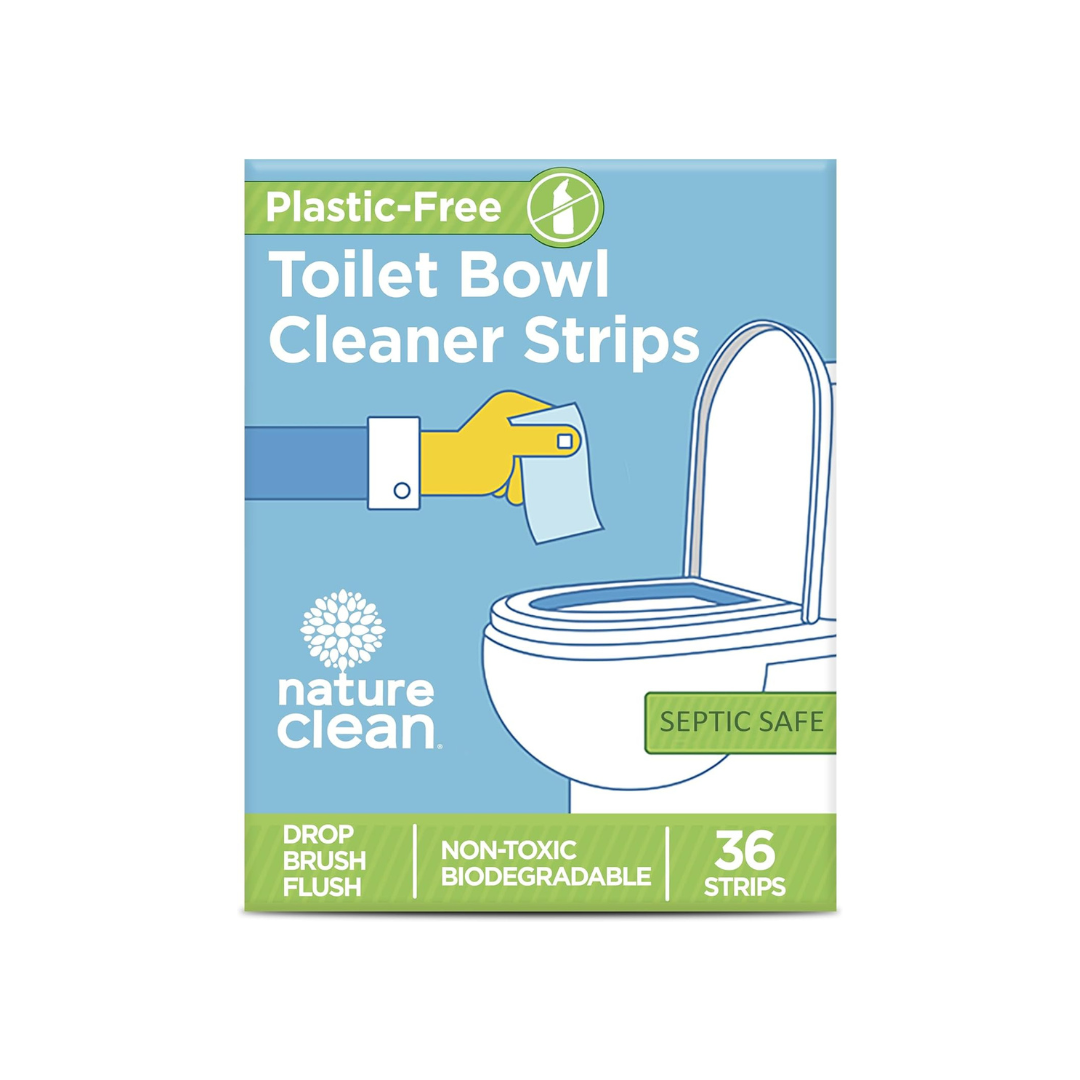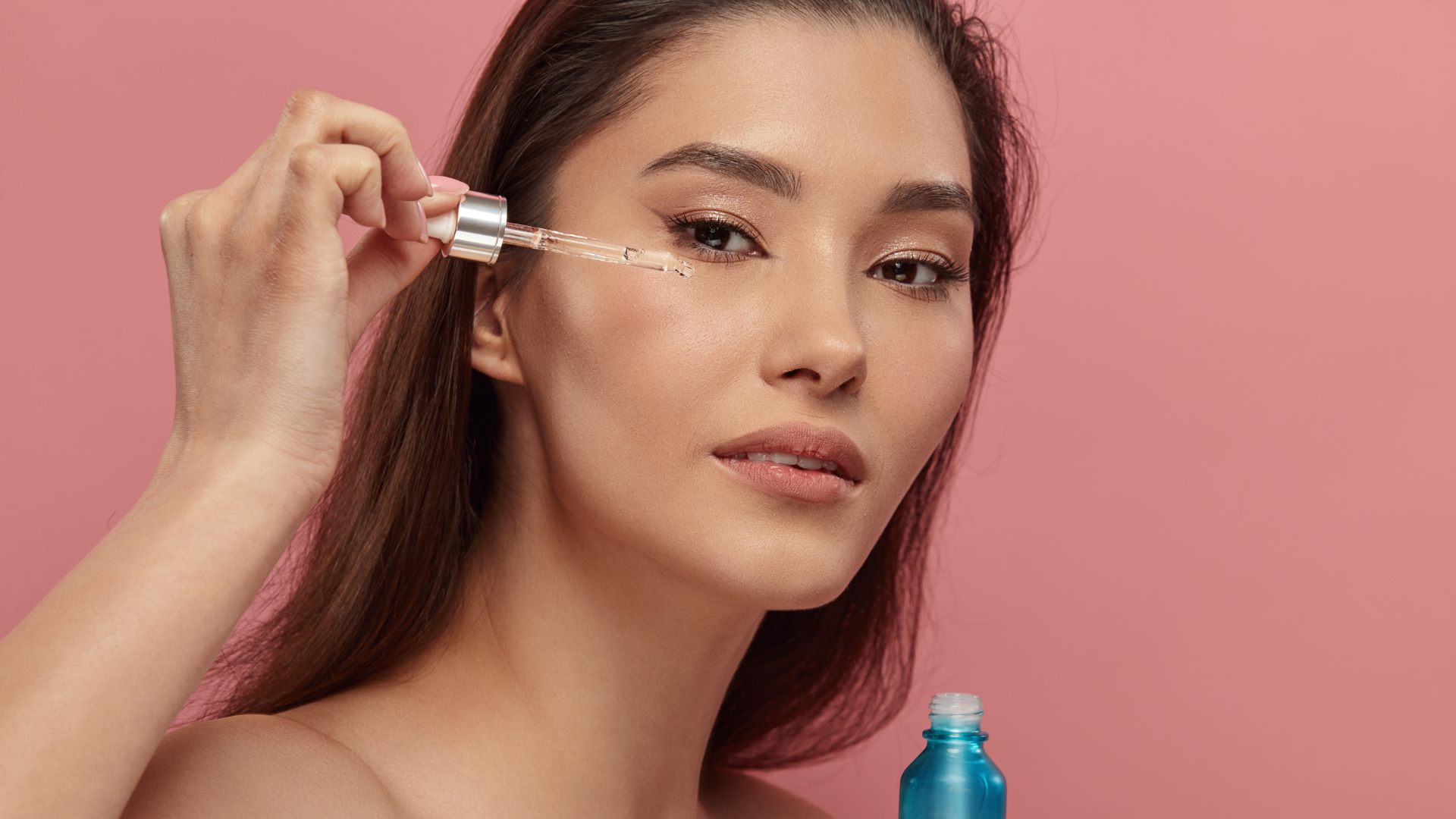Versatile moisturizers and their role in nourishing skin and hair.
Understanding Plant-Based Oils and Their Benefits
In an era where clean beauty and sustainability are at the forefront of skincare and haircare innovation, plant-based oils have emerged as powerhouse ingredients. From hydrating dry skin to reviving damaged hair, these oils offer a natural and effective solution for a variety of personal care needs. Derived from seeds, nuts, fruits, and plants, plant-based oils are packed with nutrients and are free from the synthetic additives often found in conventional beauty products.
At Sustai Market, we believe in empowering consumers to make informed choices. Every product in our lineup is rigorously evaluated through the Sustai Score, ensuring ingredient transparency, sustainability, and efficacy. Products featuring plant-based oils often carry our Non-Toxic Badge, a testament to their clean formulations and eco-friendly sourcing. In this blog, we’ll explore the science, benefits, and versatility of plant-based oils, showcasing why they are essential in modern skincare and haircare routines.
Why Plant-Based Oils Are Essential in Skincare and Haircare
The Rise of Natural and Sustainable Beauty
As consumers become increasingly aware of the potential harm caused by synthetic chemicals, the beauty industry has experienced a significant shift toward natural and sustainable alternatives. Plant-based oils have become a cornerstone of this movement, offering clean, effective, and environmentally friendly solutions. Unlike mineral oils or silicones, plant-based oils are biodegradable, sustainable, and nourishing for the skin and hair.
What Makes Plant-Based Oils Unique?
-
Multifunctionality:
-
Plant-based oils can hydrate, repair, and protect the skin and hair.
-
They are suitable for all skin types, from dry to oily.
-
-
Natural Composition:
-
Free from harsh chemicals, these oils are rich in vitamins, fatty acids, and antioxidants.
-
-
Sustainability:
-
Sourced from renewable resources, plant-based oils align with eco-conscious values.
-
What are Plant-Based Oils?
Definition and Sources
Plant-based oils are natural oils extracted from a variety of sources, including:
-
Seeds: Jojoba, sunflower, and sesame oils.
-
Nuts: Almond, argan, and macadamia oils.
-
Fruits: Coconut, avocado, and olive oils.
-
Flowers: Rosehip and calendula oils.
These oils are typically derived through processes like cold pressing or expeller pressing, which preserve their nutrient-rich properties.
Types of Plant-Based Oils
-
Carrier Oils:
-
These are mild, versatile oils used as a base to dilute essential oils or as standalone moisturizers. Examples include jojoba oil and almond oil.
-
-
Pressed Oils:
-
Oils like argan oil and olive oil are extracted through pressing methods that retain their nutritional profile.
-
-
Infused Oils:
-
These are oils infused with herbs or flowers to enhance their properties, such as calendula-infused oil.
-
The Science Behind Plant-Based Oils: Nutritional Composition and Benefits
1) Nutritional Composition of Plant-Based Oils
Plant-based oils are celebrated for their rich nutrient profiles, which deliver a range of benefits for the skin and hair:
-
Fatty Acids:
-
Essential fatty acids like Omega-3, Omega-6, and Omega-9 play a crucial role in maintaining skin barrier function, reducing inflammation, and preventing moisture loss.
-
-
Vitamins:
-
Vitamin E: A powerful antioxidant that protects the skin from free radical damage.
-
Vitamin A: Supports skin cell turnover and repair.
-
Vitamin D: Helps soothe irritation and support skin healing.
-
-
Antioxidants:
-
Protect against environmental stressors, preventing premature aging and enhancing skin resilience.
-
2) How Plant-Based Oils Work on Skin and Hair
-
Moisturizing:
-
Plant-based oils act as occlusives, locking in hydration and leaving the skin soft and supple.
-
-
Nourishing:
-
They are rich in nutrients that repair and revitalize damaged skin and hair.
-
-
Protecting:
-
Oils like jojoba and argan create a barrier against pollutants and UV damage.
-
Benefits of Plant-Based Oils for Skin Health
Plant-based oils have been cherished for centuries for their ability to restore and maintain healthy skin. Here’s how they work to improve skin health:
1) Deep Hydration for All Skin Types
-
Coconut oil is highly emollient, penetrating deeply to hydrate dry, flaky skin.
-
Jojoba oil mimics the skin’s natural sebum, making it an excellent choice for oily or combination skin.
2) Soothing Irritation and Sensitivity
-
Almond oil and avocado oil are rich in anti-inflammatory properties, making them ideal for calming redness and irritation caused by conditions like eczema or rosacea.
-
These oils are lightweight and non-comedogenic, ensuring they don’t clog pores.
3) Anti-Aging Properties
-
Argan oil and rosehip oil boost collagen production, improving skin elasticity and reducing the appearance of fine lines and wrinkles.
-
Antioxidant-rich oils protect against oxidative stress, one of the leading causes of skin aging.
4) Brightening and Even Skin Tone
-
Rosehip oil is known for its ability to reduce dark spots, scars, and hyperpigmentation.
-
Grapeseed oil is lightweight and helps brighten dull skin, leaving it radiant and refreshed.
Benefits of Plant-Based Oils for Hair Health
In addition to their skincare benefits, plant-based oils are highly effective in restoring and maintaining healthy hair. They address common concerns like dryness, frizz, and thinning hair.
1) Moisturizing and Repairing Dry Hair
-
Coconut oil deeply nourishes the hair shafts, preventing breakage and restoring shine to damaged hair.
-
Avocado oil is packed with vitamins and fatty acids that hydrate and soften hair strands.
2) Scalp Health
-
Jojoba oil helps balance scalp oils, reducing dandruff and itchiness.
-
Tea tree oil (when diluted with carrier oils) soothes inflammation and combats scalp infections.
3) Strengthening and Growth
-
Castor oil is rich in ricinoleic acid, which promotes hair growth by nourishing hair follicles.
-
Argan oil improves hair elasticity, reducing split ends and breakage.
Choosing the Right Plant-Based Oils for Your Needs
1) Reading Labels and Identifying Quality Oils
When shopping for plant-based oils, quality matters. Here’s what to look for:
-
Cold-Pressed and Unrefined Oils:
-
Cold-pressed oils retain their nutrients because they are extracted without heat or chemicals.
-
Unrefined oils are minimally processed, preserving their natural benefits.
-
-
Certified Organic:
-
Look for certifications like USDA Organic or Ecocert to ensure the oils are free from pesticides and synthetic additives.
-
-
Free from Additives:
-
Reconsider oils with synthetic fragrances, colors, or preservatives. Pure oils should have only one ingredient: the oil itself.
-
2) Popular Plant-Based Oils and Their Best Uses
Each oil has unique properties that make it suitable for specific skin and hair concerns:
-
Coconut Oil: Deep hydration for dry skin and damaged hair.
-
Jojoba Oil: Balances sebum production, ideal for oily or combination skin.
-
Argan Oil: Anti-aging and protective for skin; adds shine and elasticity to hair.
-
Rosehip Oil: Fades scars, dark spots, and hyperpigmentation.
-
Avocado Oil: Soothes sensitive or irritated skin; strengthens hair.
3) How Sustai Market Helps You Choose
At Sustai Market, we ensure all oils meet rigorous sustainability and safety standards through our Sustai Score. Products with the Non-Toxic Badge guarantee clean formulations that are safe for you and the planet.
How to Use Plant-Based Oils in Skincare
1) As a Daily Moisturizer
Plant-based oils make excellent natural moisturizers:
-
How to Use:
-
Apply a few drops of oil to damp skin after cleansing to lock in hydration.
-
For added benefits, mix with a water-based serum or hyaluronic acid before applying.
-
-
Recommended Oils:
-
Jojoba Oil: Lightweight and fast-absorbing, perfect for daily use.
-
Argan Oil: Ideal for mature or dry skin, providing deep nourishment.
-
2) As a Cleansing Oil
Oil cleansing is an effective way to remove makeup and impurities without stripping the skin:
-
How to Use:
-
Massage coconut or jojoba oil onto dry skin to dissolve makeup and dirt.
-
Wipe away with a warm, damp washcloth before following with a gentle cleanser.
-
-
Benefits:
-
Balances the skin’s natural oils while deeply cleansing.
-
3) As a Spot Treatment
Certain oils, like rosehip and argan, can target specific skin concerns:
-
How to Use:
-
Dab a small amount of oil directly onto scars, dark spots, or fine lines.
-
-
Recommended Oils:
-
Rosehip Oil: Known for its ability to reduce scars and hyperpigmentation.
-
Argan Oil: Enhances skin elasticity and smooths fine lines.
-
4) As a Mask Booster
Enhance your favorite masks with a few drops of oil:
-
How to Use:
-
Add 2-3 drops of avocado or rosehip oil to a clay or cream mask before applying.
-
-
Benefits:
-
Provides added hydration and nourishment, preventing masks from drying out the skin.
-
How to Use Plant-Based Oils in Haircare
1) As a Pre-Wash Treatment
Pre-wash oil treatments can protect hair from the drying effects of shampoo:
-
How to Use:
-
Apply coconut or avocado oil to the lengths and ends of your hair. Let sit for 20-30 minutes before washing.
-
-
Benefits:
-
Prevents protein loss and restores moisture to damaged hair.
-
2) As a Leave-In Conditioner
Plant-based oils can tame frizz and add shine:
-
How to Use:
-
Rub a few drops of argan or jojoba oil between your palms and apply to damp or dry hair.
-
-
Benefits:
-
Smooths flyaways, detangles, and adds a healthy shine.
-
3) For Scalp Health
A healthy scalp is crucial for strong, vibrant hair:
-
How to Use:
-
Massage castor oil or tea tree oil (diluted with a carrier oil) into the scalp once a week.
-
-
Benefits:
-
Reduces dandruff, soothes itchiness, and promotes hair growth.
-
4) As a Heat Protectant
Certain oils can act as a natural barrier against heat damage:
-
How to Use:
-
Apply a small amount of grapeseed oil to your hair before using heat styling tools.
-
-
Benefits:
-
Protects hair from heat while adding a lightweight shine.
-
DIY Recipes Using Plant-Based Oils
1) DIY Body Oil Blend
Create a luxurious body oil for after-shower hydration:
-
Ingredients:
-
2 tablespoons coconut oil
-
2 tablespoons almond oil
-
5 drops lavender essential oil
-
-
How to Use:
-
Mix ingredients and store in a glass bottle. Apply to damp skin post-shower for a silky finish.
-
2) DIY Hair Mask
Revive dry, damaged hair with this nourishing mask:
-
Ingredients:
-
1 tablespoon avocado oil
-
1 tablespoon coconut oil
-
1 teaspoon honey
-
-
How to Use:
-
Mix ingredients, apply to hair, and leave for 30 minutes before rinsing.
-
3) DIY Lip Scrub
Exfoliate and hydrate your lips with this easy recipe:
-
Ingredients:
-
1 teaspoon sugar
-
1 teaspoon coconut oil
-
-
How to Use:
-
Massage onto lips in circular motions, then rinse off.
-
4) DIY Nail Strengthener
Strengthen brittle nails with this simple treatment:
-
Ingredients:
-
1 teaspoon argan oil
-
1 teaspoon almond oil
-
-
How to Use:
-
Massage into nails and cuticles before bed.
-
Sustainable Sourcing of Plant-Based Oils
1) Why Ethical Sourcing Matters
Conventional oil production can lead to deforestation, habitat destruction, and exploitation of local communities. Ethical sourcing ensures that:
-
Farmers receive fair pay.
-
The environment is protected through sustainable farming practices.
2) What to Look for in Sustainable Oils
-
Certifications:
-
Look for labels like Fair Trade, Rainforest Alliance Certified, or USDA Organic.
-
-
Eco-Friendly Packaging:
-
Oils packaged in recyclable or biodegradable materials reduce waste.
-
Sustai Market’s Role:
-
At Sustai Market, we prioritize sustainability by partnering with brands that use ethical practices and eco-friendly packaging.
Common Mistakes to Avoid When Using Plant-Based Oils
1) Using Too Much Oil
A little goes a long way—overusing oils can clog pores or weigh down hair. Stick to a few drops.
2) Ignoring Skin or Hair Type
Choose oils based on your specific needs. For example:
-
Dry Skin: Coconut or avocado oil.
-
Oily Skin: Jojoba or grapeseed oil.
3) Using Poor-Quality Oils
Low-quality oils often contain additives or are heavily refined, reducing their benefits. Always opt for organic, cold-pressed oils.
Why Plant-Based Oils Deserve a Place in Your Routine
Plant-based oils are a natural, effective, and sustainable solution for modern skincare and haircare needs. Their ability to hydrate, repair, and protect makes them a versatile addition to any routine.
At Sustai Market, we’re committed to helping you make informed choices. Our curated selection of plant-based oils is backed by the Sustai Score and Non-Toxic Badge, ensuring you get the best for your skin, hair, and the planet.
Ready to experience the benefits of plant-based oils? Explore our range of sustainable and clean products in the Personal Care & Beauty section or learn more about ethical beauty in our Sustainable Living blogs.






























